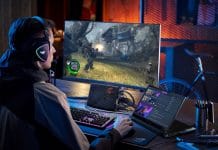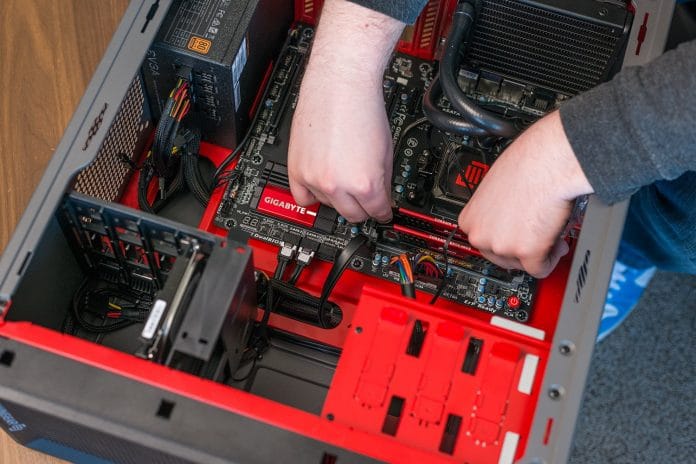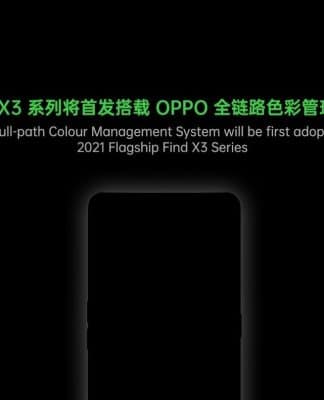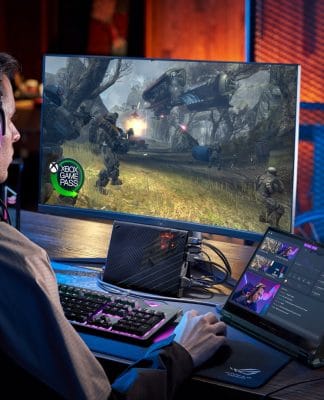Help Me…
So you want to build a PC. I’ve always been a laptop person so I won’t say I’m an expert. That said, there are some main components to be mindful of when you’re building your new machine.
The items that should be considered are the motherboard, processor, memory (RAM). We’ll cover graphics cards and secondary items at a later stage. Bear in mind that once you start with buying one of them, you’re as good as spending for the entire set. These components work hand in hand and do not function by themselves. With the amount of detail we might be going into, we’ll be splitting the article into 2 parts.
With that, let’s have a look at the primary components of a PC.
Motherboard
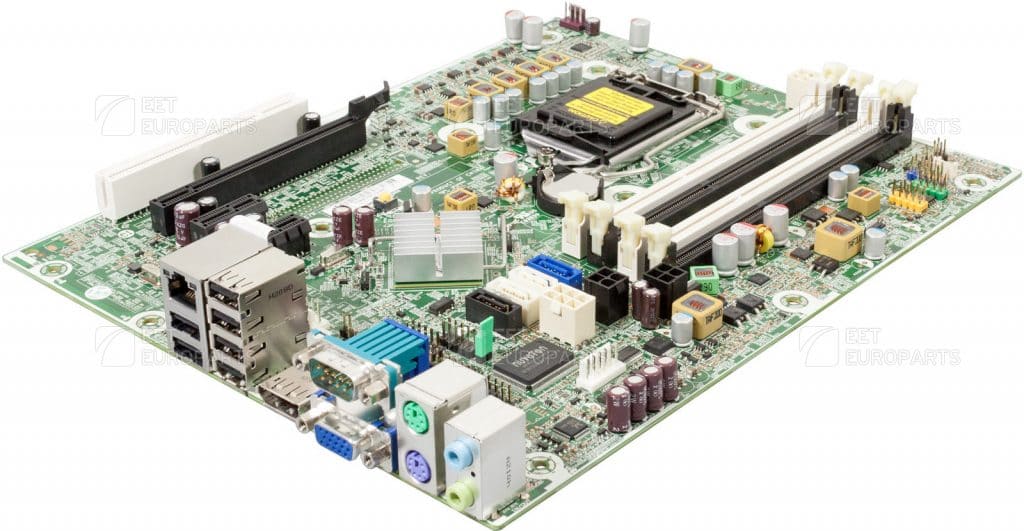
Looks like a diorama of a city, doesn’t it?
This is the main circuit board for the PC. Every other component depends heavily on this. The size of your motherboard will affect the casing you’ll be using to house all your components. The important things to note about the motherboard are:
– Chipset
– CPU Socket type
– Number of PCIe x16 slots
The chipset and CPU socket will determine what type of processor you can install.
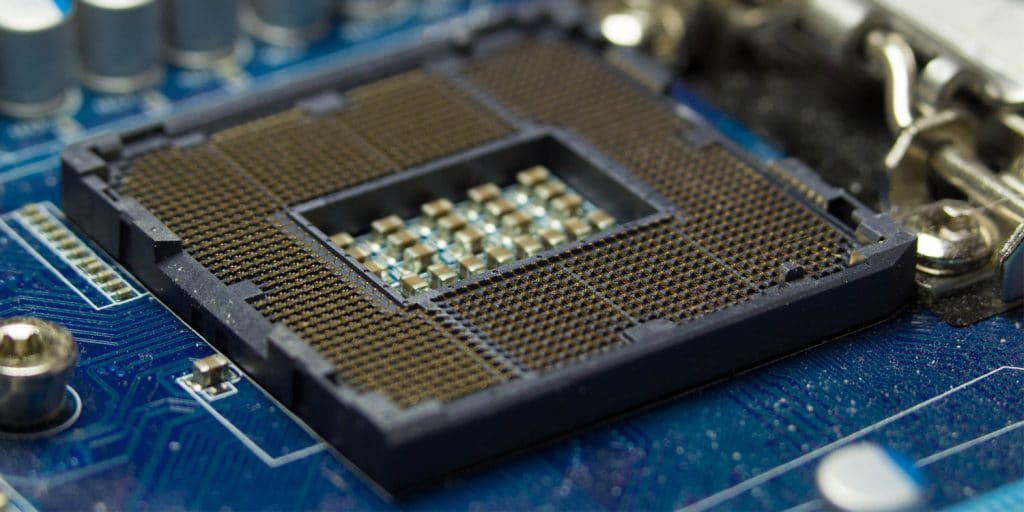
Chipsets control communication between the processor and the other devices, so it’s like the air control tower to the plane in mid-flight. The CPU socket is basically the slot where the processor will go.
The more recent AMD chips use AM4 sockets while current i9 Gen Core processors require LGA 1151v2 sockets. Taking into account these two things will save you the hassle of getting a processor that doesn’t fit.
The number of PCIe slots affect the type of graphics card you can use.
Perhaps you’d be interested in some of these:
ASRock H370M Pro4 – RM 385
Gigabyte Z370 Aorus Gaming 5 – RM 850
Processor
For a gaming PC, you don’t need a high-end processor. An Intel Core i5 is usually enough, but an i7 would be alright as an investment in case future games need them to run. We’re not saying they will, but you never know, right?
If you’re building a PC to work on process-heavy programs such as Adobe Premiere Pro, Photoshop etc, it would definitely be best to get an Intel Core i7. These programs demand a lot from the computer; and the i7 can meet that with its multi-threading capabilities, much more so than the i5.
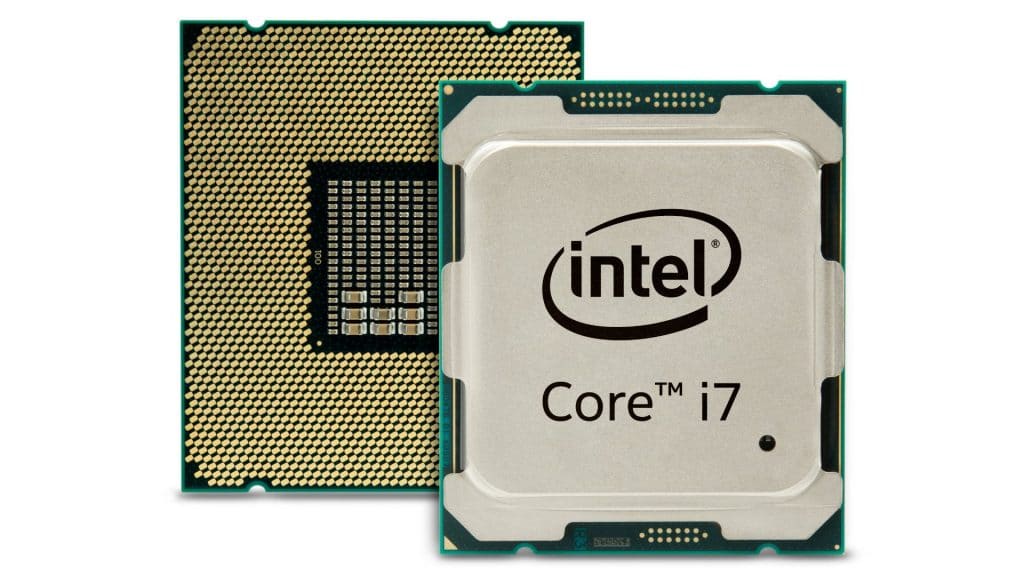
Overclocking. This just means you’re running the computer harder than the manufacturer intended for it to. If you’re looking to do so, you might want to have a look at unlocked CPUs such as the i7-8700K or the i7-9700K. Unlocked CPUs have the letter “K” at the end.
The i7-9700K fares better in terms of speed, though very slightly. If you’re a little tight on budget, you could go instead for the i7-8700K.
Here are the mentioned CPUs you could have a look at:
I7-8700K – RM 1899
I7-9700K – RM 2199
Memory
More RAM is always a good choice. The usual standards nowadays is 6GB of memory at least. Anything lesser will be quite the slog, unless you don’t mind waiting for things to load or risk your computer hanging during heavy execution programs.
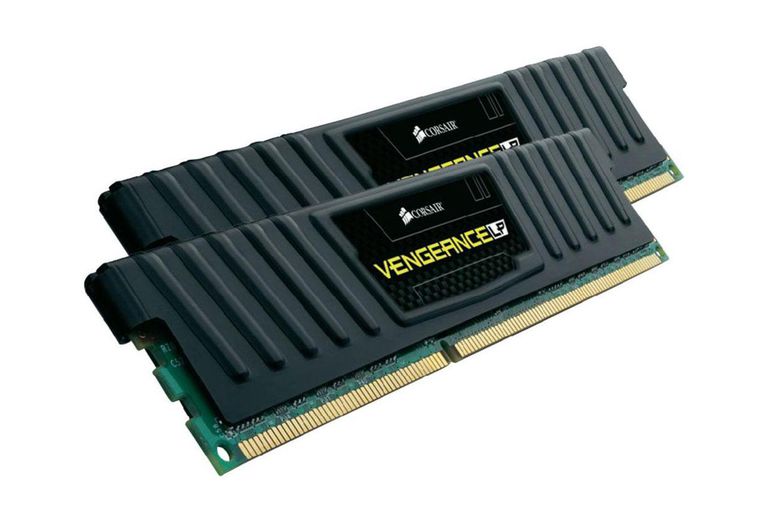
It isn’t necessarily a bad thing, but it does prove to be a nuisance in the long run. If you can spare some expense, it’s best not to skimp out in this area. Getting 6GB or 8GB (and higher) will give you a huge improvement in performance, whether you’re gaming or working.
You could have two sticks of RAM installed and run it on dual-channel mode. Doing this will allow you to improve your computer’s speed even further, but if you use two modules of RAM rated at different speeds; your computer takes the slower of the two as the maximum speed.
Here are some of the RAM sticks you could consider getting:
Patriot Viper Steel DDR4-4400 – RM 349
Corsair Vengeance RGB Pro DDR4-3200 – RM 1299
To Be Continued…
Whew. That was a lot of information. The key to picking this stuff up is to take your time and know what each component does. If you’re coming straight into building PCs with zero knowledge, it’s impossible to get to know everything within a day, let alone a week.
TAKE. YOUR. TIME.
Be sure to check if everything’s compatible before purchase. Asking the shopkeepers would help as well.
That is all for this round.
Fancy more articles like this? Consider Liking us on our Facebook!




